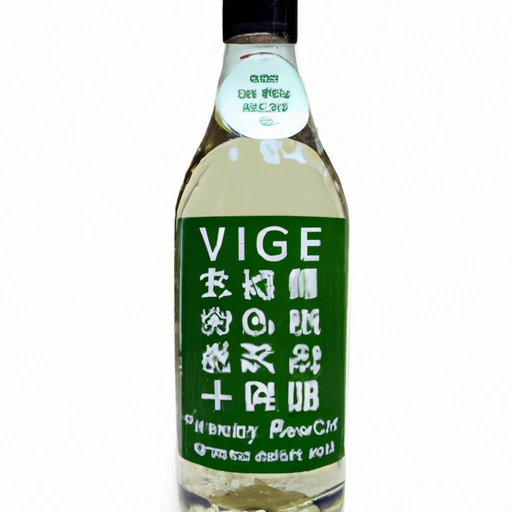Rice Wine Vinegar
Description

Rice wine vinegar, also known as rice vinegar, is a type of vinegar made from fermented rice. It is a staple in Asian cuisine, particularly in Chinese, Japanese, and Korean cooking. This mild vinegar is known for its delicate, slightly sweet flavor, which makes it a versatile ingredient in various dishes. Rice wine vinegar is available in several varieties, including white, red, and black, each with a distinct taste and use.
When measuring rice wine vinegar for recipes, various units are used worldwide. In American recipes, it's typically measured in cups (8 fl oz), tablespoons (0.5 fl oz), or teaspoons (0.17 fl oz). European and other recipes may use milliliters (ml) or liters (L), where 1 cup is approximately 237 ml. The precise amount used can vary depending on the recipe and the desired flavor intensity. Azjan is not a recognized measurement unit, and it could be a misspelling or confusion with 'ajinomoto,' which is a brand name for MSG.
Common uses
Rice wine vinegar is commonly used in salad dressings, marinades, pickling solutions, and sushi rice seasoning. It serves as a flavor enhancer and is often used to balance the sweetness and saltiness in sauces and dips.
Nutritional value
Calories
Rice wine vinegar is low in calories, with a typical serving containing only a few calories.
Protein
It contains negligible amounts of protein.
Fat
This vinegar contains no fat, making it a suitable addition to low-fat diets.
Carbohydrates
It has a minimal carbohydrate content, primarily from residual sugars remaining after fermentation.
Vitamins
Rice wine vinegar contains small amounts of certain vitamins, such as B vitamins, depending on the fermentation process.
Minerals
It may also contain trace minerals like potassium, which are essential for maintaining proper body functions.
Health benefits
As a low-calorie ingredient with no fat and minimal sugar, rice wine vinegar can be a healthier substitute for other more caloric or fatty condiments. Acetic acid, the main component in vinegar, has been studied for its potential benefits in blood sugar control and weight management.
Potential risks
Overconsumption of any vinegar, including rice wine vinegar, can lead to digestive discomfort or erosion of tooth enamel due to its acidity. Individuals with gastrointestinal conditions should use it with caution.
Common recipes
Rice wine vinegar is a key ingredient in homemade sushi vinegar, which is used to season sushi rice. It's also used in various salad dressings, slaws, and sauces for dumplings and noodle dishes.
Cooking methods
It can be used in quick pickling to create flavorful vegetables or added to marinades to tenderize meats. When used in cooking, it's often added at the end of the cooking process to retain its flavor.
Pairing with other ingredients
It pairs well with sesame oil, soy sauce, and ginger in Asian-inspired dishes. It also complements the flavors of garlic, honey, and Dijon mustard in various dressings.
Summary
Rice wine vinegar is a versatile and essential ingredient in many Asian dishes, known for its mild and slightly sweet flavor. It provides nutritional benefits while adding a distinctive taste to an array of culinary creations. Whether used in dressings, marinades, or as a condiment, rice wine vinegar is a staple that enhances the flavors of both traditional and contemporary recipes. Its popularity continues to grow as more cooks around the world discover its unique properties and applications in cooking.